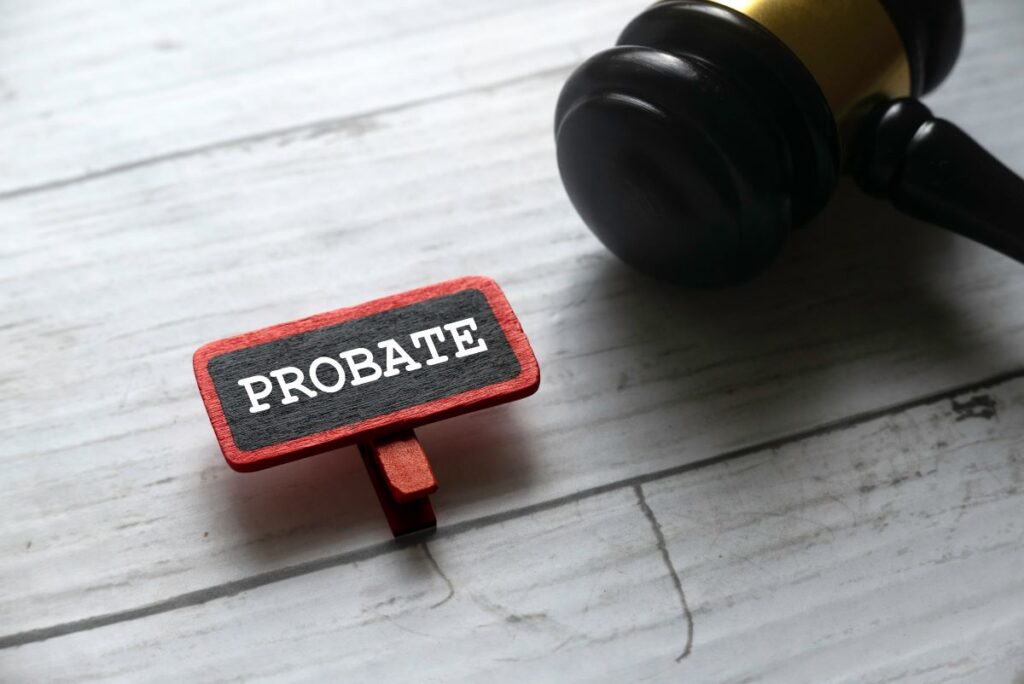When it comes to leaving an inheritance to a child, you have two primary options. The simplest approach is to provide it in a single lump sum with no conditions. However, this may not be suitable for every child. You might worry about their ability to manage the money responsibly, fear they might spend it on pursuits you don’t support, want to avoid the need for a court-ordered conservatorship to manage the funds if they are minors, or have other reasons for wanting to set useful conditions on their inheritance.
Estate planning allows you to control who receives your money, when they receive it, and how they may use it, even after your death. If you wish to place restrictions on your child’s inheritance, you can do so through your will or trust. While there are legal limits on conditional gifting, you generally have the freedom to structure the inheritance to suit your preferences. Adding useful conditions to your child’s inheritance can help ensure your wishes are respected.
It’s essential to discuss questions about the enforceability of conditional gifts with an experienced estate planning attorney. They can help ensure your wishes are carried out effectively and within legal boundaries.

Ways to Use Conditional Gifts
When raising children, most parents aim to guide their behaviors, instill core values, and help them become contributing members of society. Often, this involves using incentives and deterrents, rewarding positive actions and discouraging negative ones.
Through an estate plan, parents can continue to influence their children’s actions by setting useful conditions on their inheritance. This approach, known as conditional gifting, comes in two primary forms:
- Condition Precedent Gift: This type of gift is given only when the beneficiary meets specific criteria (the “carrot” approach).
- Condition Subsequent Gift: This gift is provided upfront but can be revoked if certain conditions are not met later (the “stick” approach).
Condition Precedent Gifts
Condition precedent gifts often relate to age, with funds released when beneficiaries reach certain ages (e.g., 21) or over time (e.g., one, three, and five years after the parent’s death). These conditions help ensure that a child is mature enough to handle a substantial inheritance. Other conditions might be linked to life milestones, such as graduating from college, getting married, purchasing a home, or starting a business. These are useful conditions to put on my child’s inheritance to ensure future responsibility.
In some instances, parents use conditions to safeguard their children from potential pitfalls. For example, a child with a history of substance abuse might have their inheritance tied to achieving and maintaining sobriety, combining incentives and deterrents.
Condition Subsequent Gifts
There are numerous reasons to include conditional gifts in an estate plan, with conditions as varied as the motivations behind them. Whether encouraging responsibility, discouraging harmful behavior, or aligning a child’s actions with the parent’s values, many stipulations can be added to a bequest. Consider these unique and useful conditions to put on my child’s inheritance:
- Awarding extra funds for achieving a high-grade point average or completing volunteer work
- Matching distributions with donations to charity or income earned from a job
- Restricting distributions if the beneficiary is unemployed
- Providing start-up capital for a new business
- Conditioning inheritance on passing random drug tests
- Encouraging involvement in the family business
- Ensuring that a child caregiver does not place a surviving spouse in a nursing home

